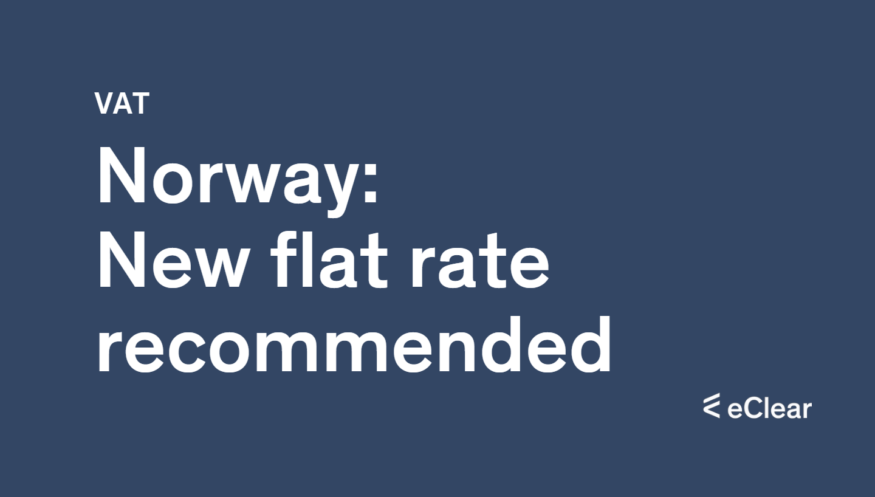Corporate Income Tax Measures
The Torvik committee’s report recommends extending the 3% dividend income inclusion rule under the participation exemption method to cover capital gains and increasing the overall rate to 5%. This change would ensure that dividends and capital gains are subject to the same inclusion rate, making the tax system more consistent and predictable for taxpayers.
Additionally, the report suggests broadening the general scope of withholding tax on interest, royalty, and certain lease payments. The committee also recommends bringing liquidation proceeds within the scope of domestic dividend withholding tax. These changes would help to reduce tax avoidance and ensure that foreign companies pay their fair share of taxes in Norway.
Abolishment of the Tonnage Tax Regime
The report also recommends abolishing the Norwegian tonnage tax regime, which currently provides a reduced tax rate for shipping companies based on the tonnage of their vessels. The committee believes that this regime is not in line with current international tax standards and is ineffective in supporting the Norwegian shipping industry.
Resource Rent Tax
The report suggests expanding the use of the resource rent tax within industries related to fish farming and wild fishing activities, onshore wind power, and hydropower. This would help to ensure that these industries pay their fair share of taxes and contribute to the overall economic development of Norway.
Value-Added Tax (VAT)
The report recommends abolishing reduced VAT rates (15% and 12%) and certain industry-specific exemptions (zero-rated services) and applying a flat rate of 25% instead. This would simplify the VAT system, making it easier for businesses to comply with tax regulations and reducing the administrative burden on taxpayers.
The Torvik committee’s report has been issued for public consultation, and responses must be submitted by 15 April 2023. The Norwegian Ministry of Finance will then evaluate the proposed changes based on the responses received and thereafter provide any legislative proposals to the Parliament. It is important to note that these proposed changes are not yet set in stone and are subject to change based on the feedback received from the public consultation process.







